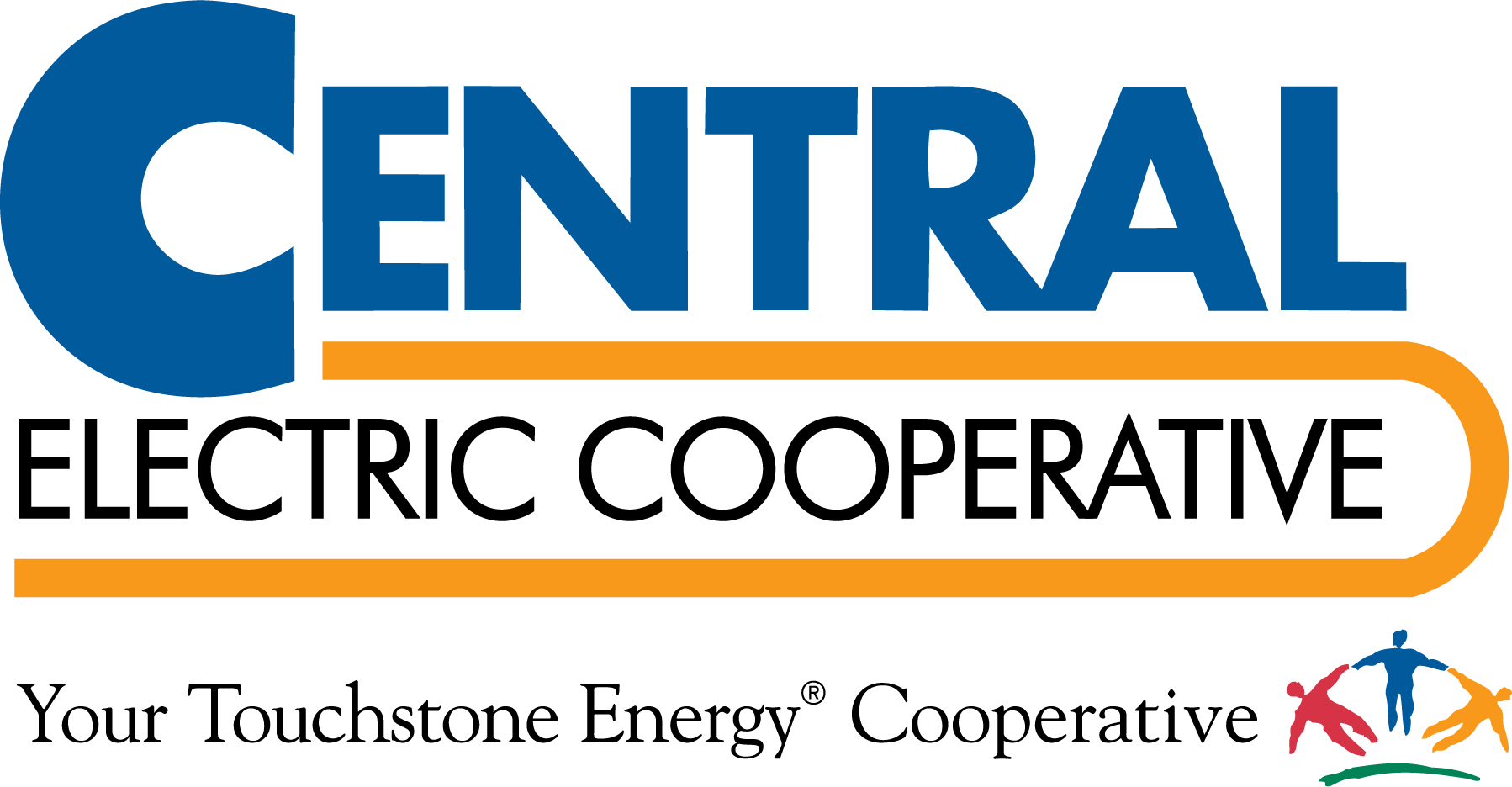Considering Solar? Important Steps Required Before Installation
By Patrick Soukup, Manager of Member Services & Marketing
With the warm air in our faces and planting season behind most of us, we get to enjoy the warm rays of sunshine. Summer is here!
I have received more calls than usual on solar inquiries. The discussion usually starts with a question that I will ask our member – What are your intentions?
Central Electric has options for solar and renewable energy. For example, we have a Renewable Energy Credit (REC) Program available to Central Electric members. The REC represents the valuable renewable attributes of wind energy. We also offer kits for solar well pumping, a successful program for the member group. Currently, we do not sell solar for your home or business.
If solar is ultimately the option you choose, we still need to have a conversation about your energy use and consumption. We are the experts in energy use. We have the technology to analyze when you are using electricity, helping you to decide what type of system is best for you.
As always, Central Electric is here to help. Contact our office before you embark on a residential, commercial or agricultural solar project. You’ll be glad you did.
Please review these 10 tips members should know prior to starting a solar project.
10 Tips Before Installing Solar Panels
1. Make your home or farm as energy efficient as possible. This involves checking for LED lights, motors, air leaks around doors and windows and insulation in your attic and sidewalls.
2. Conduct research, research and more research before investing in a solar system. Your electric cooperative has resources available. We can supply you with materials that guide the decision-making process and point you to reputable contractors.
3. Understand how a solar system meshes with your cooperative’s system. Central Electric is available to discuss rate structure, interconnection, essential safety precautions and answer your solar questions.
4. Review energy use to determine what size system to install. If your solar provider is not asking for this information, they might not have your best interest in mind! The system that makes sense for you versus the system a provider wants to sell you may not align.
5. Tally upfront costs. If you purchase a solar system, as the owner, you will be responsible for the purchase price as well as ongoing maintenance and repair costs. If leasing is the option you prefer, you will pay less initially, but you’ll likely have higher ongoing costs. Don’t forget about permitting requirements.
6. Search for incentives, rebates and tax credits. One database offering details is www.dsireusa.org. This site has an interactive map showing federal and state incentives, credits, exemptions, grants, loans and rebates for residential, commercial and industrial projects. In addition, your electric cooperative staff and contractor should have up-to-date details about local incentives.
7. Accept short-term and long-term responsibilities. If you purchase a Photovoltaic (PV) system, you must meet the requirements of Central Electric’s interconnection agreement. A PV system consists of solar panels, an inverter and other hardware that uses energy from the sun to generate electricity which may flow back into the power grid. Members pay the cost of connecting to the grid. State and local officials are responsible for conducting safety inspections, but it’s your responsibility to notify them in advance about the installation. As the owner of the system, you’ll be responsible for maintenance and system repairs.
8. Follow all safety precautions. Most solar systems are grid-connected.
Because of the two-way flow of electricity, excess energy the system collects during the daytime flows into your cooperative’s lines. This shoulders you with the responsibility of maintaining electrical equipment and considering the safety of cooperative lineworkers or others who may encounter a downed power line. Improper connection and maintenance of your system may endanger people and the reliability of the grid.
9. Choose a reputable solar contractor for installation. As with any major home improvement project, purchasing from the right contractor is every bit as important as the product you are purchasing. Due diligence is critical to help ensure you get a suitable system for a fair price that is installed correctly within the timeframe you expect. Service after the sale is imperative.
10. Maintain good records. Keep files with your pre-purchase research and pre-installation data. Retain bids, contracts, inspection reports, maintenance records and information you may need to refer to in the future. In addition, you may want to track system performance, so establish a method to compare your actual system performance with predictions provided by the solar contractor.
